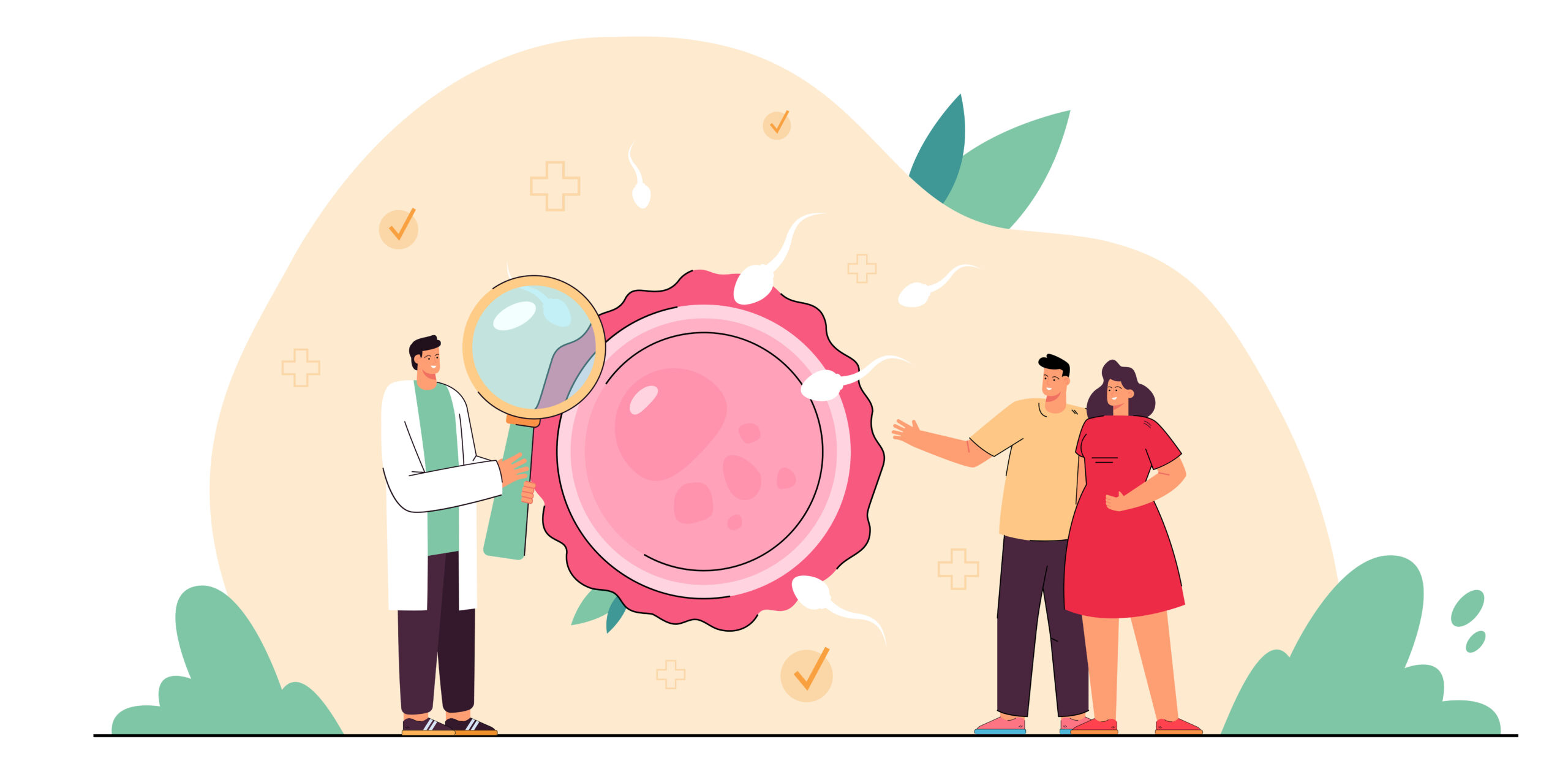Blogs
Mother your children are like birds
Mother, your children are like birds, Their wings have fluttered into the distance. Mother, to the bright and native chamber, Soon we shall return once…
10 Best practices used by effective healthcare call centers
Businesses, healthcare industries, and educational institutions now have a single platform for incoming and outgoing calls, emails, and web chat due to the advanced cloud…
Understanding Treatment Duration for Trying to Conceive Couples on Naturopathic interventions
IntroductionFor couples aspiring to start a family, the journey of trying to conceive can be both exciting and challenging. While some achieve pregnancy effortlessly, others…
An Integrative Approach for Fertility Success for Couples trying to conceive beyond 35years: Combining Naturopathy and Conventional medicine
IntroductionThe journey to parenthood can be a deeply emotional and challenging one for many couples struggling with fertility issues beyond 35 years. As medical knowledge…
The Importance of Preparing with Naturopathy before Medical Interventions or Artificial Reproductive Techniques
IntroductionIn recent years, the field of naturopathy has gained increasing recognition and popularity as a holistic approach to health and wellness. Naturopathy focuses on utilizing…
Significance of Natural conception
Introduction In the realm of human existence, one of the most fundamental and miraculous processes is conception – the creation of new life. While modern…
The Importance of Letting Labor Begin on Its Own
There are several ways to deliver a baby, but the most common methods are normal vaginal delivery and caesarean section. However, even normal vaginal deliveries…
Exploring the Options: A Comprehensive Guide to Fertility Treatments
When it comes to fertility treatments, there’s a lot of misinformation and societal pressure that can lead people down the wrong path. As a Naturopathic…
Hormonal Imbalance and Fertility: What You Need to Know
As women, our fertility is intricately linked to our hormonal balance. Our menstrual cycles, egg development, ovulation, libido, pregnancy, and childbirth all depend on perfectly…
Not only do they carry a wide range of products with a decent
Buy Sex Toys, UK’s Best Dildos & Vibrator Shop The asymmetrical design with a pointy head and heftier backside (as seen in the image above)…









